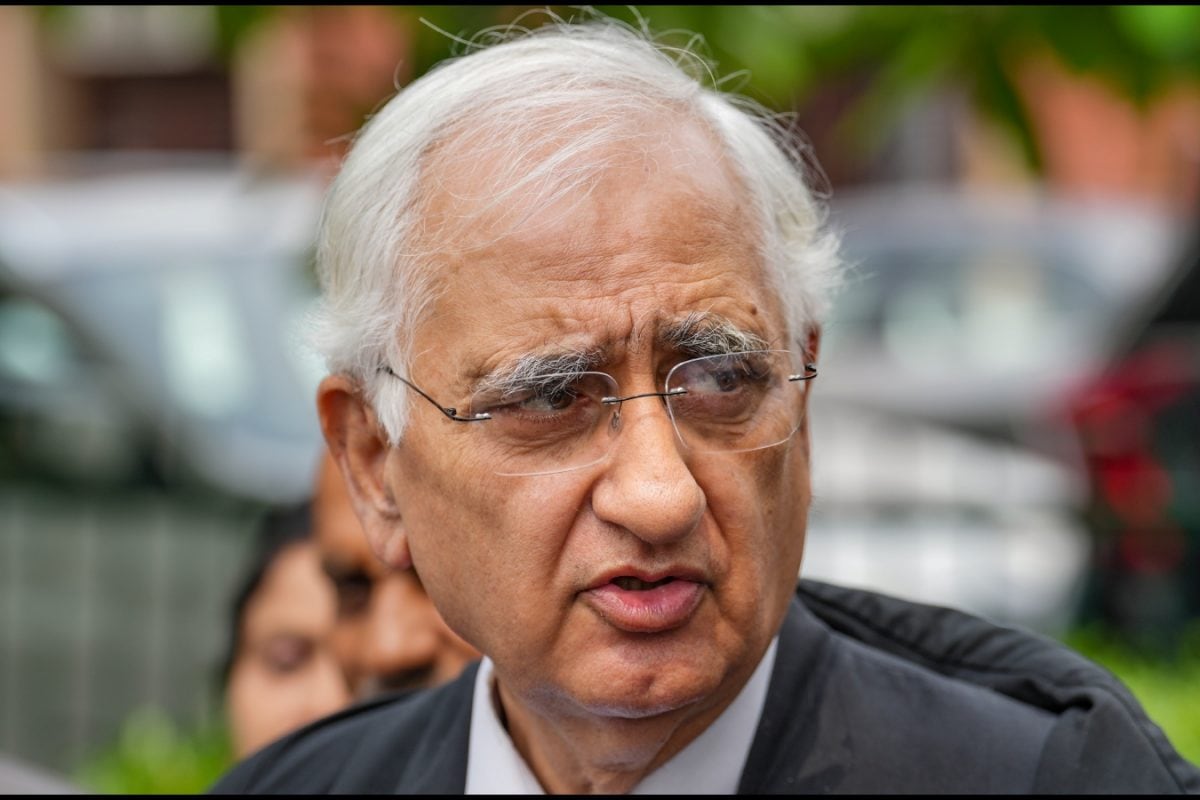

The Indian political landscape is witnessing a renewed debate on patriotism, sparked by comments from Congress leader Salman Khurshid. While representing India on an all-party delegation focused on combating terrorism abroad, Khurshid expressed his dismay at the political divisions back home. His statement, "Is it so difficult to be patriotic?", has resonated within and outside the Congress party, drawing both criticism and support.
Khurshid's remarks came against the backdrop of his recent statements regarding Article 370, which he acknowledged had brought positive changes to Jammu and Kashmir. This stance, perceived as a departure from the Congress party's initial opposition to the abrogation, has stirred discomfort within the party. Khurshid is currently part of a multi-party delegation, led by JD(U) MP Sanjay Kumar Jha, which is visiting various countries to highlight India's united front against terrorism. During his address in Kuala Lumpur, Khurshid emphasized India's unified stance, stating, "With one voice India is saying, 'Terrorism no more'... We hope to create a collective rise against terrorism to make the globe peaceful and prosperous."
The BJP has seized on Khurshid's comments, with leaders like Shahnawaz Hussain openly endorsing Khurshid's remarks on Pakistan and Article 370. Hussain asserted that Khurshid's statements were accurate and reflected diplomatic maturity, given his experience as a former External Affairs Minister. The BJP has also questioned whether the Congress party would now target Khurshid for speaking what they consider to be an inconvenient truth, drawing parallels to the criticism faced by Shashi Tharoor in the past. BJP spokesperson Shehzad Poonawalla accused Rahul Gandhi of echoing Pakistani propaganda and suggested that Gandhi should heed Khurshid's advice.
Within the Congress party, there appears to be a divergence of views. While Khurshid is emphasizing unity and acknowledging the positive impacts of certain government decisions, other leaders have been critical of the Modi government's policies, including Operation Sindoor. This internal conflict has raised questions about the Congress party's stance on key national issues and its ability to present a united front. Some Congress leaders have accused the government of misleading the nation regarding the retaliatory strikes after the terror attack in Pahalgam.
Adding another layer to the complexity, Khurshid's past statements have also been brought into the discussion. Notably, his comparison of Hindutva to "jihadist" Islam in his book "Sunrise Over Ayodhya" had previously drawn criticism and highlighted the differing views within the Congress party regarding Hindutva.
Despite the internal disagreements, Khurshid has emphasized that when it comes to serving the nation, politicians should rise above their differences. He highlighted that even soldiers protecting the borders share the singular sentiment of protecting Mother India. Khurshid's message underscores the importance of national unity, particularly when addressing global challenges like terrorism. His comments have reignited the debate on patriotism and the extent to which political allegiances should influence one's perspective on national issues. The unfolding reactions from within the Congress party and the broader political spectrum will be closely watched as this debate continues.